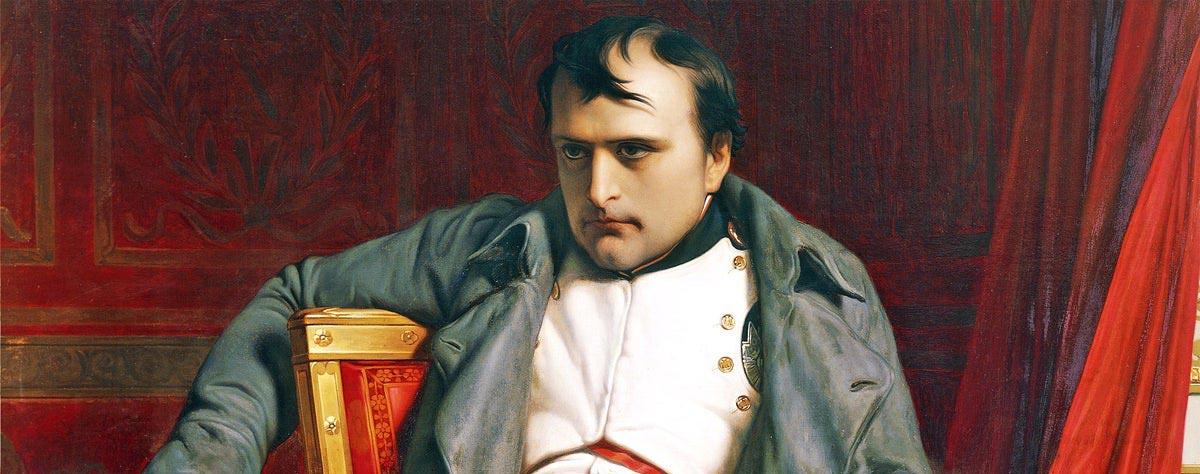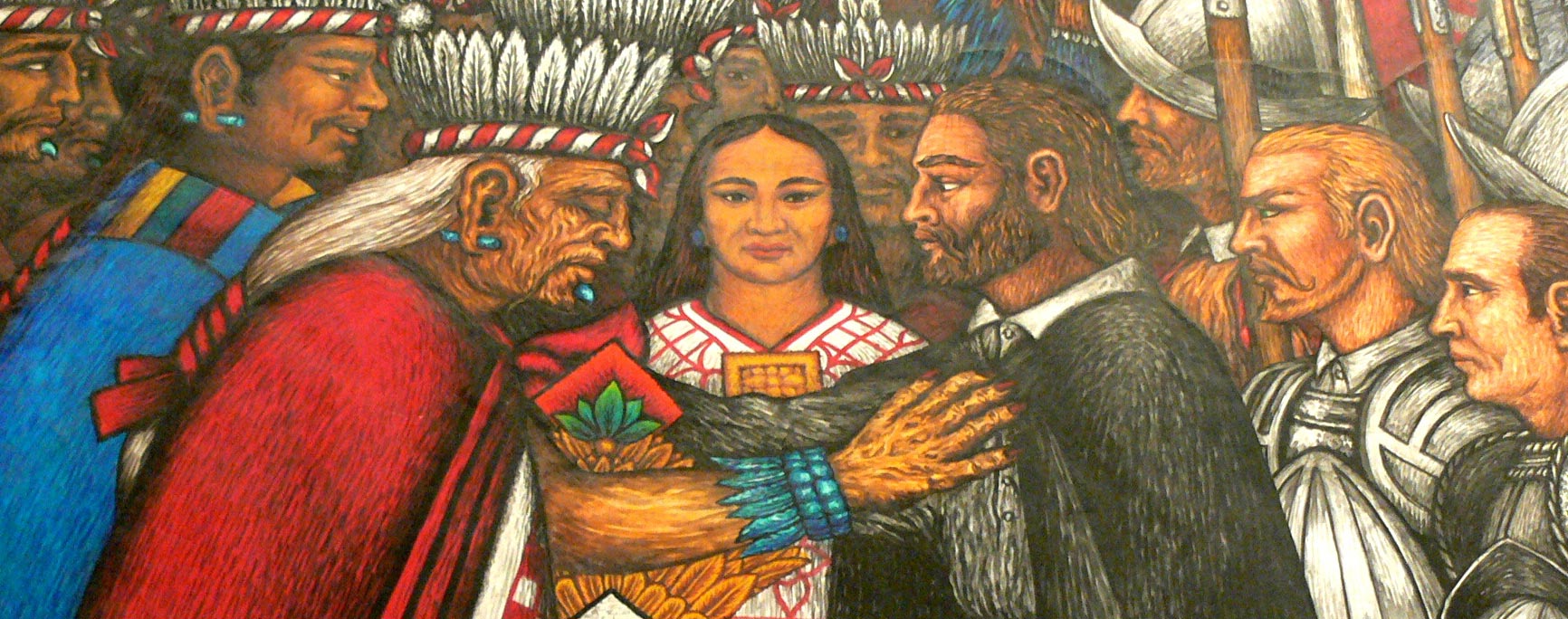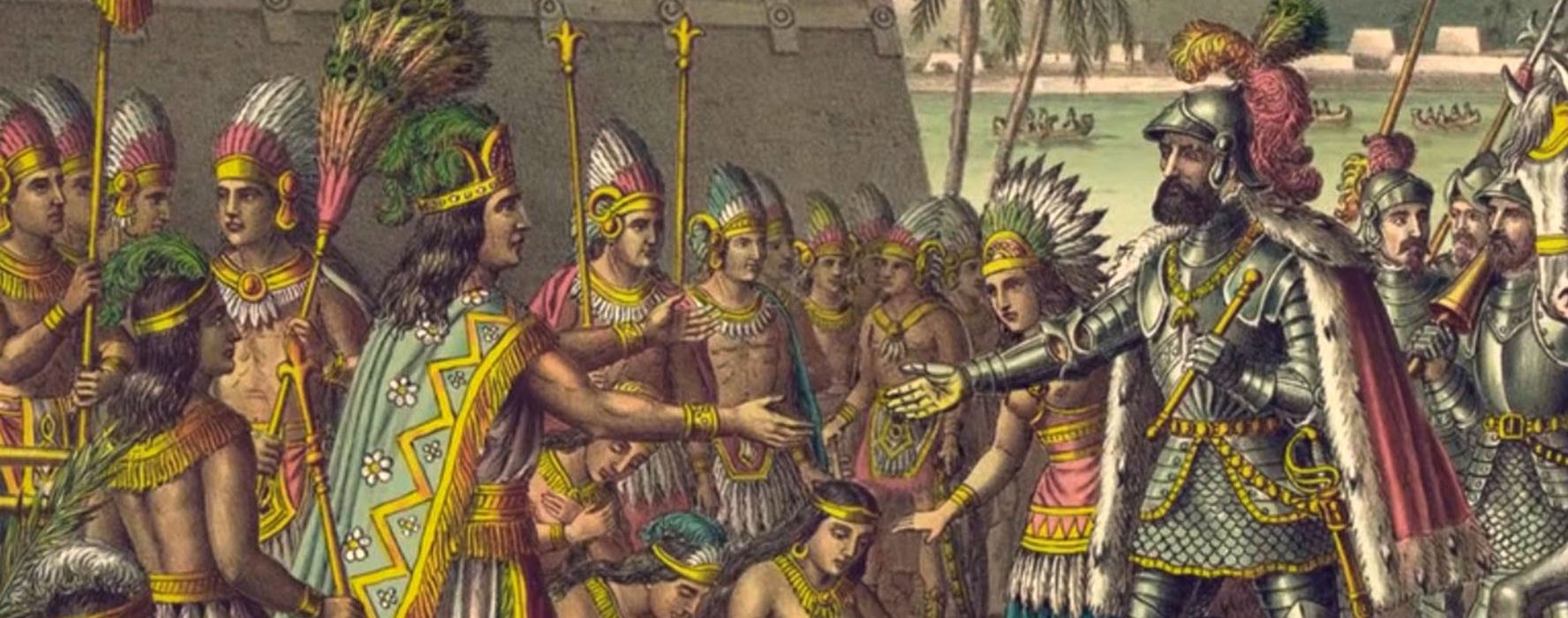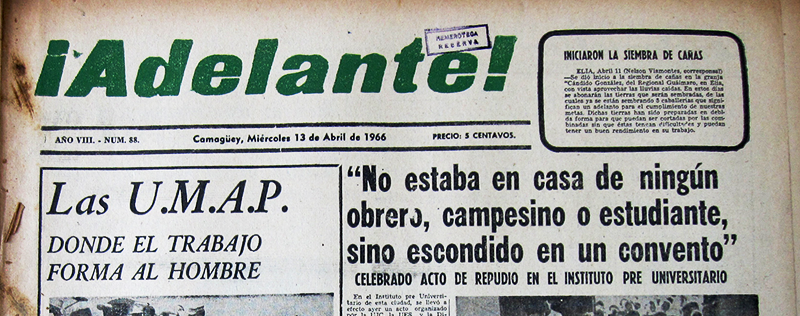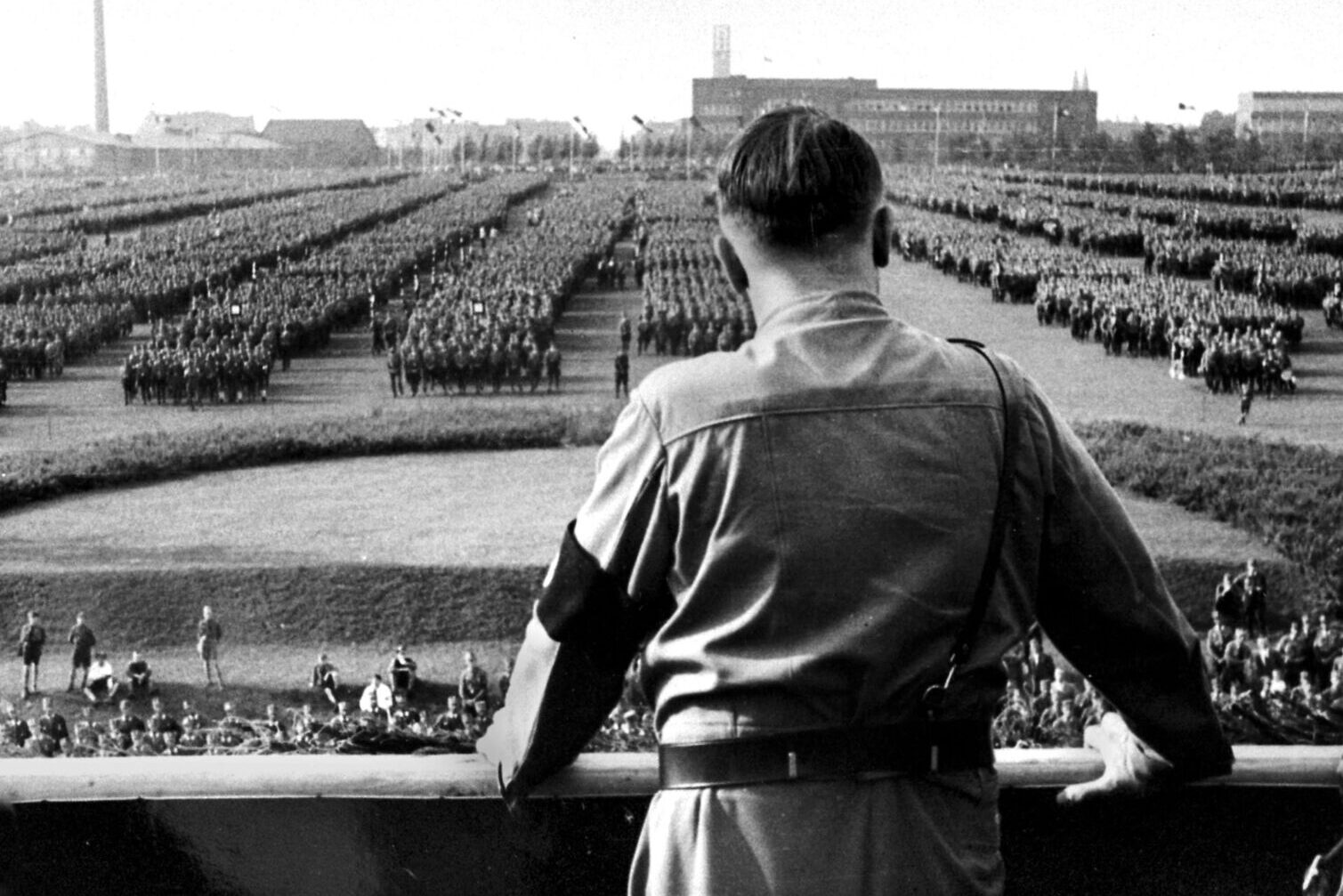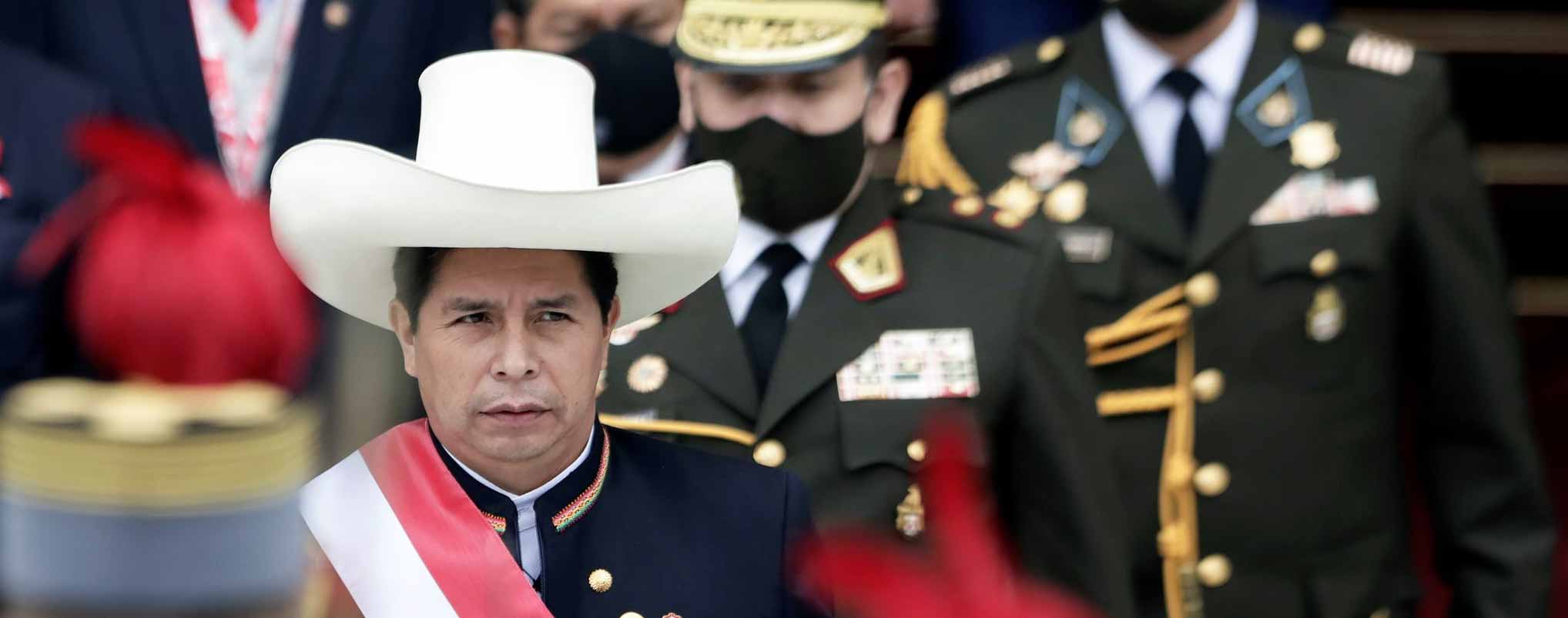Source:cooperativa.cl
Claude Ribbe argues in a study that the emperor ordered the murder of 100,000 West Indians, using among other things sulphur dioxide gas from 1802.
Napoleon Bonaparte was “a precursor to Hitler”, according to French philosopher and historian Claude Ribbe, a native of the West Indies, who reproaches the French emperor for having had more than 100,000 people murdered.
This is the main thesis of Ribbe’s historical essay entitled “Napoleon’s Crime”, which will be published in France on 1 December and was previewed by the popular daily France Soir.
The author attributes to Napoleon the organisation, from 1802 onwards, of the genocide of more than 100,000 West Indians from Haiti and the island of Guadeloupe, the deportation of several thousand of them, and the passing of racist laws, such as the ban on mixed marriages.
The famous emperor reinstated slavery in France – which had been abolished in 1794 – not only for economic reasons but also because it was “deeply racist”, according to his version.
Napoleon did not hesitate, says Ribbe, to “get rid” of those who had rebelled against the re-establishment of slavery, and to bring a new, more docile generation of slaves from Africa to the West Indies.
These rebels, along with thousands of innocent people, were executed, drowned, eaten by dogs, and even “gassed” with sulphur dioxide, according to the historian’s thesis.
The book will come out a day before the commemoration of the bicentenary of the victory of Austerlitz, in which Napoleonic troops defeated an alliance of absolutist monarchies.
André Santini, mayor of Issy-les-Moulineaux on the outskirts of Paris and a deputy for the ruling UMP (conservative) party, wrote to French Prime Minister Dominique de Villepin on Monday to ask that the bicentenary be commemorated nationwide.
Santini, who describes himself as a “Bonapartist”, believes that in his 15-year reign, Napoleon’s contribution to France was equivalent to centuries of history.
By contrast, Victorin Lurel, a socialist MP for the Guadeloupe constituency and mayor of Vieux-Habitants on the Caribbean island, wants streets named in honour of Napoleon throughout France to be renamed, wants the country’s school textbooks to also tell of the emperor’s dark side and will take up the issue in the National Assembly next Tuesday.
“Napoleon’s Crime” adds to the more than 5,000 books published around the world on Napoleon and his historical period. Despite such a bibliography, the assessment of Emperor Bonaparte still divides France.
According to a poll published in Le Journal du Dimanche on the occasion of the bicentenary of Napoleon’s coronation in December last year, the Gallic emperor was the second favourite figure of the French (18%), far behind Charles de Gaulle (39%).
The poll revealed that Napoleon remains a great mystery to the French, who see in him many facets: the conqueror of Europe (36%), the father of the Civil Code (30%), the organiser of modern French administration (17%) and the general heir to the French Revolution (11%).
Another survey, carried out at the same time and published by the conservative Le Figaro, showed that 49% of French people considered him “a great political man, ahead of his time and who knew how to apply his ideas” compared to 39% who defined him as “a dictator who used all means to quench his thirst for power”. (EFE)
Share this article
On This Day
No Events
History of Spain
26 August 2020
27 January 2021
Communism: Now and Then
23 December 2022
28 July 2021
